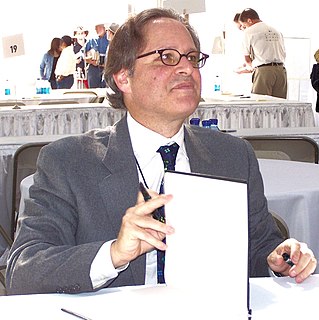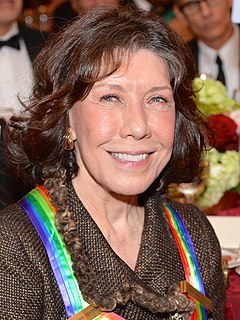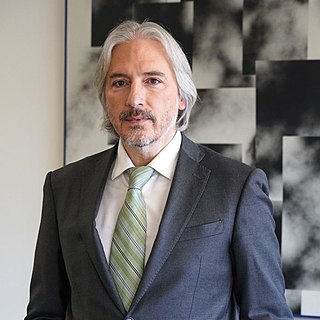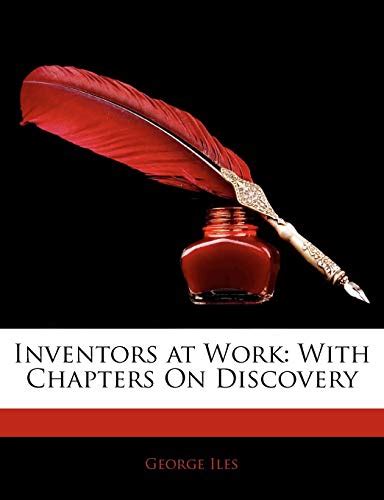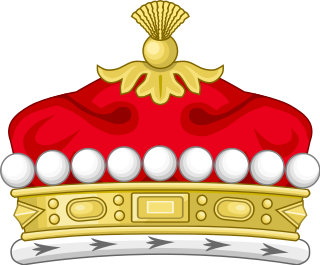A Quote by Thomas Jefferson
Politics, like religion, hold up the torches of martyrdom to the reformers of error.
Related Quotes
Martyrdom is evidence only of a man's honesty - it is no evidence that he is not mistaken. Men have suffered martyrdom for all sorts of opinions in politics and in religion; yet they could not therefore have all been in the right; although they could give no stronger evidence that they believed themselves in the right.
I am always suspicious of the formulation that "politics" has prevented a great idea from being enacted by government. Politics IS government, in a democratic society. It's a challenge for school reformers, like reformers in any realm, to build a popular constituency for their work. If the people it's supposed to benefit vote against it, that tells me that the person pushing reform lacks political skill. And political skill is a good thing.
All the martyrs in the history of the world are not sufficient to establish the correctness of an opinion. Martyrdom, as a rule, establishes the sincerity of the martyr, - never the correctness of his thought. Things are true or false in themselves. Truth cannot be affected by opinions; it cannot be changed, established, or affected by martyrdom. An error cannot be believed sincerely enough to make it a truth.
The religion of art, like the religion of politics, was born from the ruins of Christianity. Art inherited from the old religion the power of consecrating things and endowing them with a sort of eternity; museums are our temples, and the objects displayed in them are beyond history. Politics--or more precisely, Revolution--co-opted the other function of religion: changing human beings and society. Art was an asceticism, a spiritual heroism; Revolution was the construction of a universal church.


